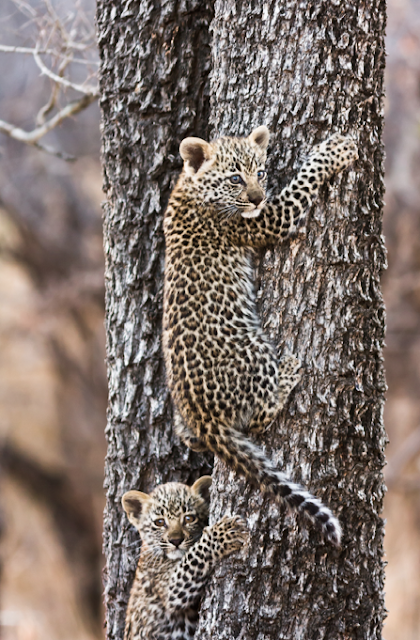A very common theme among health-care professionals, among all helping professions, is the attempt to escape from one's own problems by helping others. Such "wounded healers" are more or less effective to the degree that they've processed their own woundedness. In other words, bypassing personal healing via work (religion, drugs, or anything else) is dysfunctional and makes life in general, not to mention our already challenging professions, difficult to impossible.
Yet having "battle scars" from a lifetime of living is NORMAL - PERFECTLY HUMAN. A lot of us live with anxiety and or depression, as well as the full range of mental and physical illnesses - becoming healers / helpers didn't magically spare us after all. When we admit and honestly share our humanity, it gives others permission to recognize, accept, and perhaps even share their own imperfections. Isn't it strange that if someone stood up and declared themselves "perfect" we'd all laugh our heads off. YET at the same time, most of us fear revealing details of our own imperfection to colleagues - until at least one of our wheels fall off?
We don't need to continue wasting all that energy pretending to be perfect. We're all wise enough to know that none of us is perfect, and that we are all changing, aging, getting sick and dying. We ALL carry heavy burdens - let's learn to help each other when we can, and - this may be most difficult for us - gracefully seek & accept help when we need it.
 |
| View from Wolfville, Nova Scotia |













